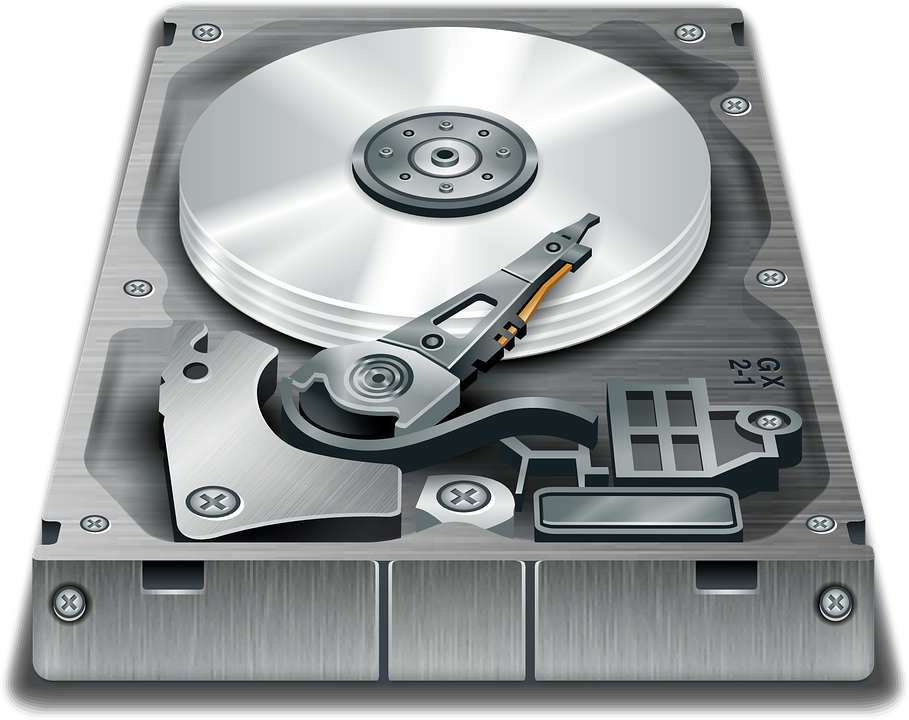You live in a digital world and your computer serves as its hub. You depend on your computer for everything from books to bank accounts. In fact, your computer stores a trove of personal data that you must keep secure.
Unfortunately, things can go wrong. Your hard drive could fail or your system could become infected with a virus or malware. How will you survive without your data?
Taking steps to avoid data loss makes sense. After all, if you can protect yourself, you can avoid circumstances from which you must recover. Continue reading to learn more about data loss, its prevention, and the urgent need to have a backup solution in place.
What is Data Loss?
Data loss can occur when your storage device fails. In such a case, your computer still functions, but it can’t load your files. Sometimes your computer might die. Other than that, you can lose data if your computer sustains damage from natural circumstances such as a fire, flood, or earthquake. Data loss can also occur if your computer gets lost or stolen.
Backups
What if you always had a recent copy of your data stored in a safe place? That would change everything. Some computer operating systems have integrated backup utilities that you can use to save your data to either DVD or an external hard drive. You can also choose to subscribe to a real-time backup service that will save your data to the cloud in real-time.
Recovery
When you suffer from data loss, how should you respond? If you’ve successfully backed up your data, you can follow the instructions that accompanied your operating system or service provider to restore your data. Keep in mind, you may first need to acquire a new hard drive or computer.
Even if your backup system has failed, you should resist the temptation to dispose of your hard drive. Instead, you should contact a data recovery company to get help. Such a firm has advanced tools that can often extract your data from damaged hard drives, even if the drive won’t spin.
Now, you know about the risk of data loss and how to protect yourself. Always remember that a data recovery company may have options available if all else fails.
